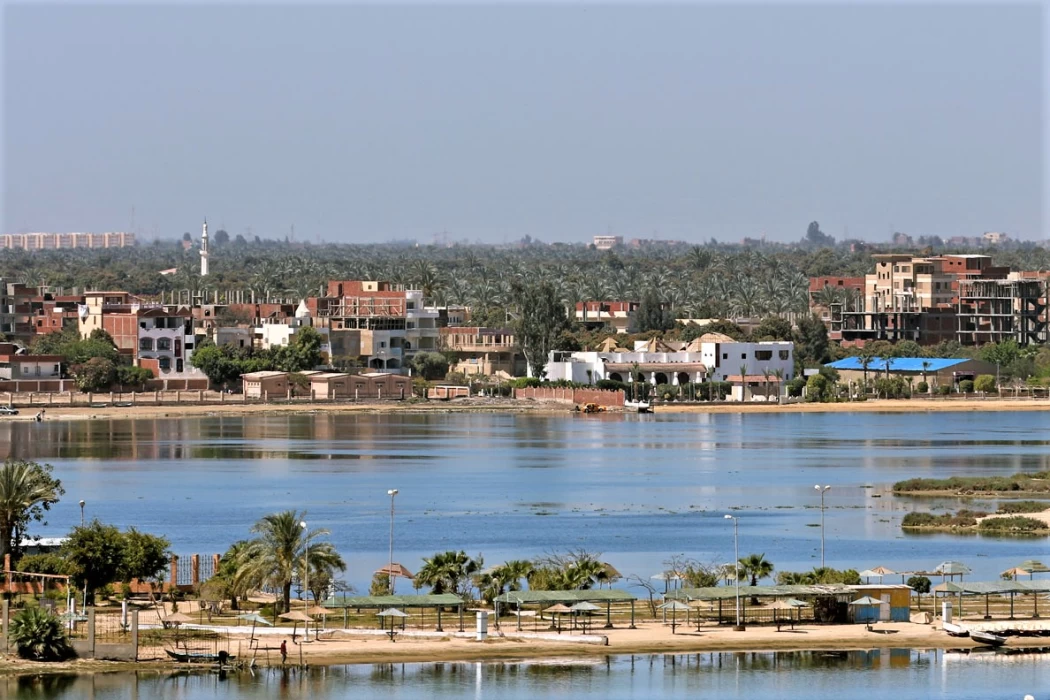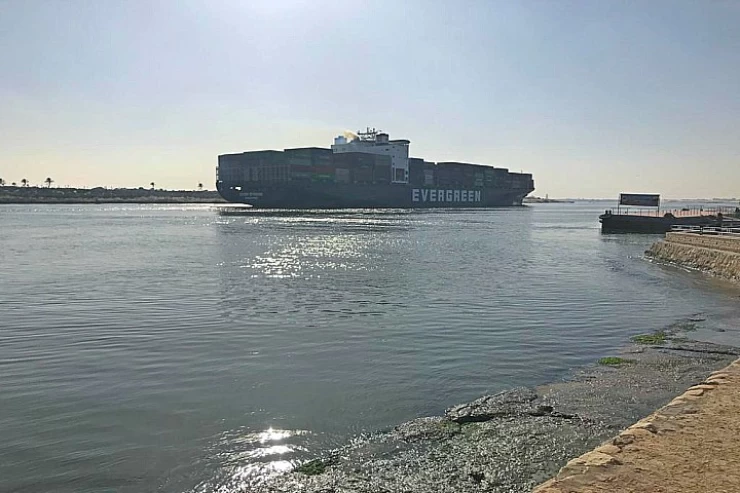
Discover The Bitter Lakes | Ismailia, Egypt
Bitter Lake, an area of about 250 km2, is where water from the red and white Mediterranean streams collects, where these waters replace the water lost by evaporation.
Mohammed Al-Shafei works as a coordinator for renting small boats for fishing enthusiasts and Organizing Lake picnics for beachgoers and visitors to the city of Fayed. Still, in winter, he is dedicated to fishing with a snare where there are resident local fish, such as "pig, Bagh, and loan". Now we are in winter, the beaches are empty of vacationers, but fishing enthusiasts do not stop there, also fishing boats and oyster sail every day," says Shafei, the lake's biggest activity is fishing. Fishermen gather in wholesale fish rings, so it is ideal for fish enthusiasts, and the best times to visit it are at five in the morning from the end of the night fishing, where shrimp and crustaceans are sold a lot, and before sunset, where the product of the day's fishing is displayed.
A specialized committee at the Diwan of Ismailia governorate is considering a program to activate one-day tourism in the governorate, especially with the winter season, Major General Yassin Taher, Governor of Ismailia, said, "the governorate's location on the banks of the Suez Canal, the bitter lakes and the calm crocodile, next to its warm winter atmosphere.
The lake suffers from low pollution rates compared to its neighbor Alligator Lake, where the Environmental Impact Assessment Report of the Ministry of Environment recorded two points where pollution is rising as a result of their impact on the cooling water of the Abu Sultan power plant, while the number of bacteria affecting public health and vacationers is rising in 3 research points.
The lake is affected by the agricultural drainage estuaries of agricultural lands adjacent to the western boundary of Bitter Lake.
Residents of villages inhabited by fishermen complain about illegal fishing methods and fishing nets with narrow openings that dredge up fish wealth, which affected the lake's production, which decreased by 4.4% from last year's production, as the lakes produced 3,685 tons of fish, according to official statistics of the Fisheries Development Authority.
After decades of overfishing, the lake has witnessed a dramatic decline in the catches of target species of fish as fishermen moved to other places to hunt fish, and many abandoned the fishing profession with the shrinking of the places allowed to fish. Some rely on tourism and the service of vacationers on the beaches, for example, rehab Abu El-Sayed, who turned two fishing boats into boats for a picnic in the lake, and some have increased their fishing activity to a new field in the boat industry, nets and work on catching oysters from the bottom of the lake.















